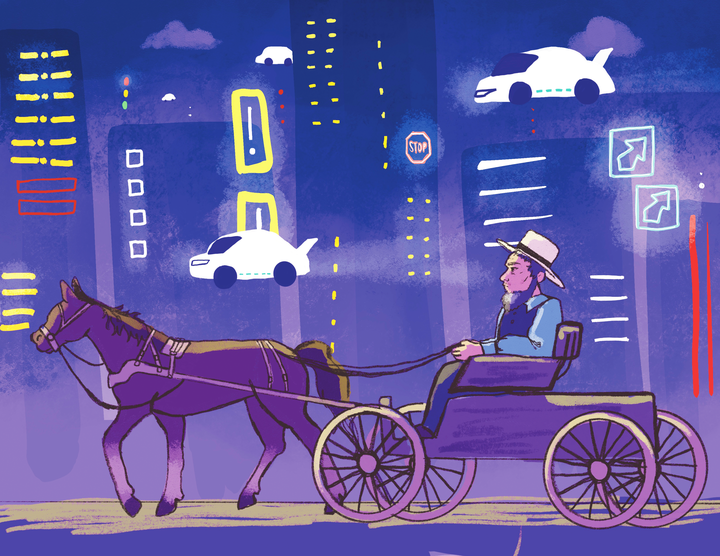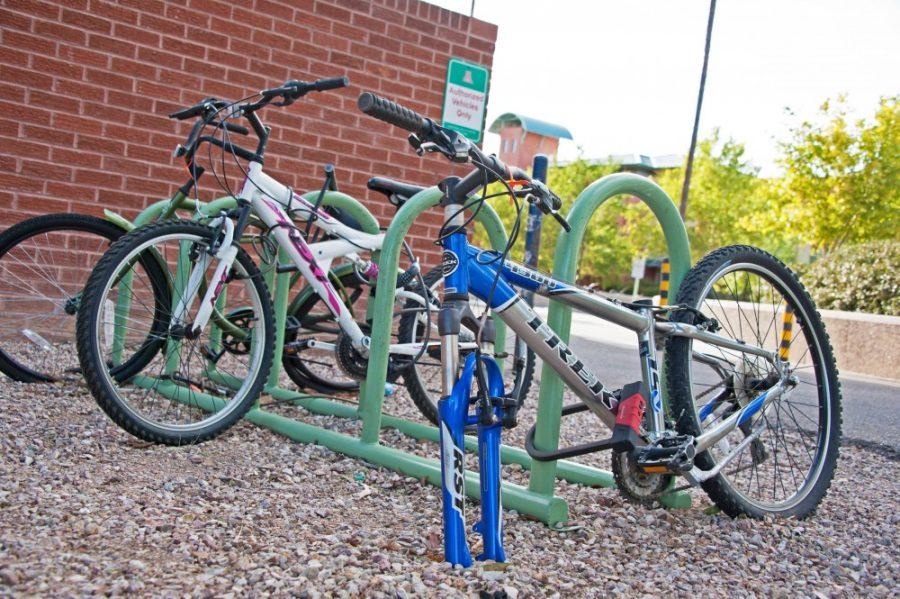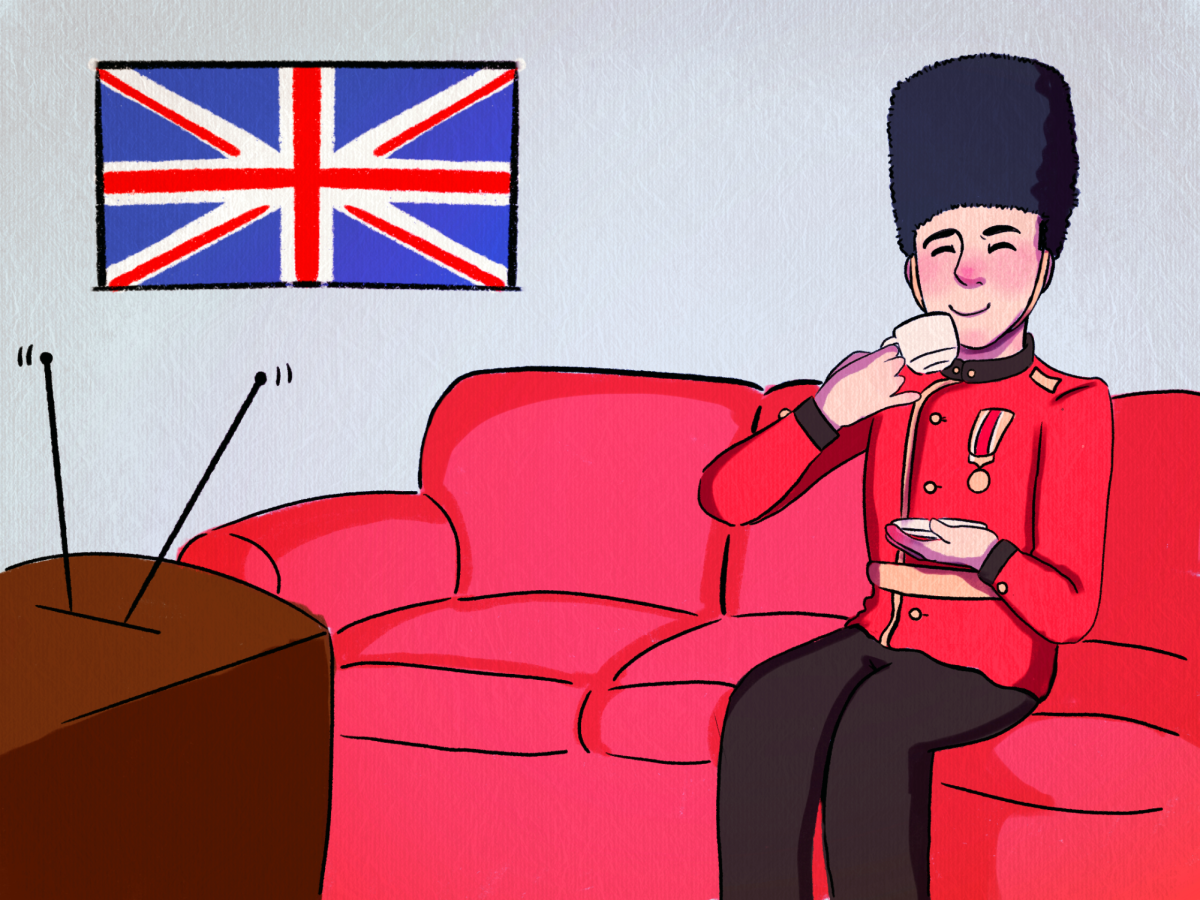The events in Ferguson, Mo., have begun a nationwide discussion on the issue of racial bias and police corruption. The Department of Justice found that “Ferguson’s police and municipal court practices both reflect and exacerbate existing racial bias, including racial stereotypes.” This is to say that in Ferguson, the issues of police misconduct find their root in underlying racial bias.
In similar fashion, over the past year, numerous stories of sexual assault on college campuses have surfaced. Just as police violence is rooted in racial bias, sexual assault finds root in misconceptions of gender, agency and power.
In 2012, the World Health Organization released a report on sexual violence that listed “gender-inequitable views,” “traditional gender and social norms related to male superiority” and “weak community and legal sanctions against violence” as root causes for sexual assault.
A report released by the Panos Institute warned, “Even when laws do not so blatantly discriminate against women, an imbalance in power can be firmly entrenched in social norms.”
The Ferguson Police Department is not the only institution whose underlying bias infects their actions. Similarly, college students are not the only social group whose misconceptions of gender and power infect their actions. The question becomes: How do we address these deep-seated problems of ideology?
After a thorough investigation of the Ferguson Police Department, the Department of Justice suggested numerous proposed reforms to the administration of the police department. The seventh suggestion on this list reads, “Provide … training to all officers that sends a clear, consistent and emphatic message that bias-based profiling and other forms of discriminatory policing are prohibited. Training should include … [information] on how stereotypes and implicit bias can infect police work.”
So, how should colleges address the issue of sexual assault? The answer to this question must be a combination of preventative measures, punitive measures and reparative measures.
I would like to propose that the most productive discussion, the discussion that the public must begin to have, is the one that rigorously addresses preventative measures. I am proposing that institutions of higher education take a cue from the Department of Justice and implement their own form of implicit bias training.
I want to propose that colleges and universities hold seminars on gender equality and sexual assault for all incoming freshmen. These seminars would be held for the express purpose of discussing the students’ personal conceptions of gender, power and agency. They would serve to reduce the issue of sexual assault in the society the same way that implicit bias training can help to reduce instances of racially discriminatory policing.
An entire generation of graduates who have critically examined their assumptions about sexuality, relationships, gender and power would be a formidable force for justice.
It has been said that sunlight is the best disinfectant. I believe that if institutions of higher education provide an intellectual space for the next generation of leaders, businessmen, parents and lovers to discuss their conceptions of gender, agency and relationships, we could effectively pull the issue of sexual assault out from the shadows. Perhaps we would find men dealing with their conceptions of power before the frat party screw up.
— Michaela Duarte








